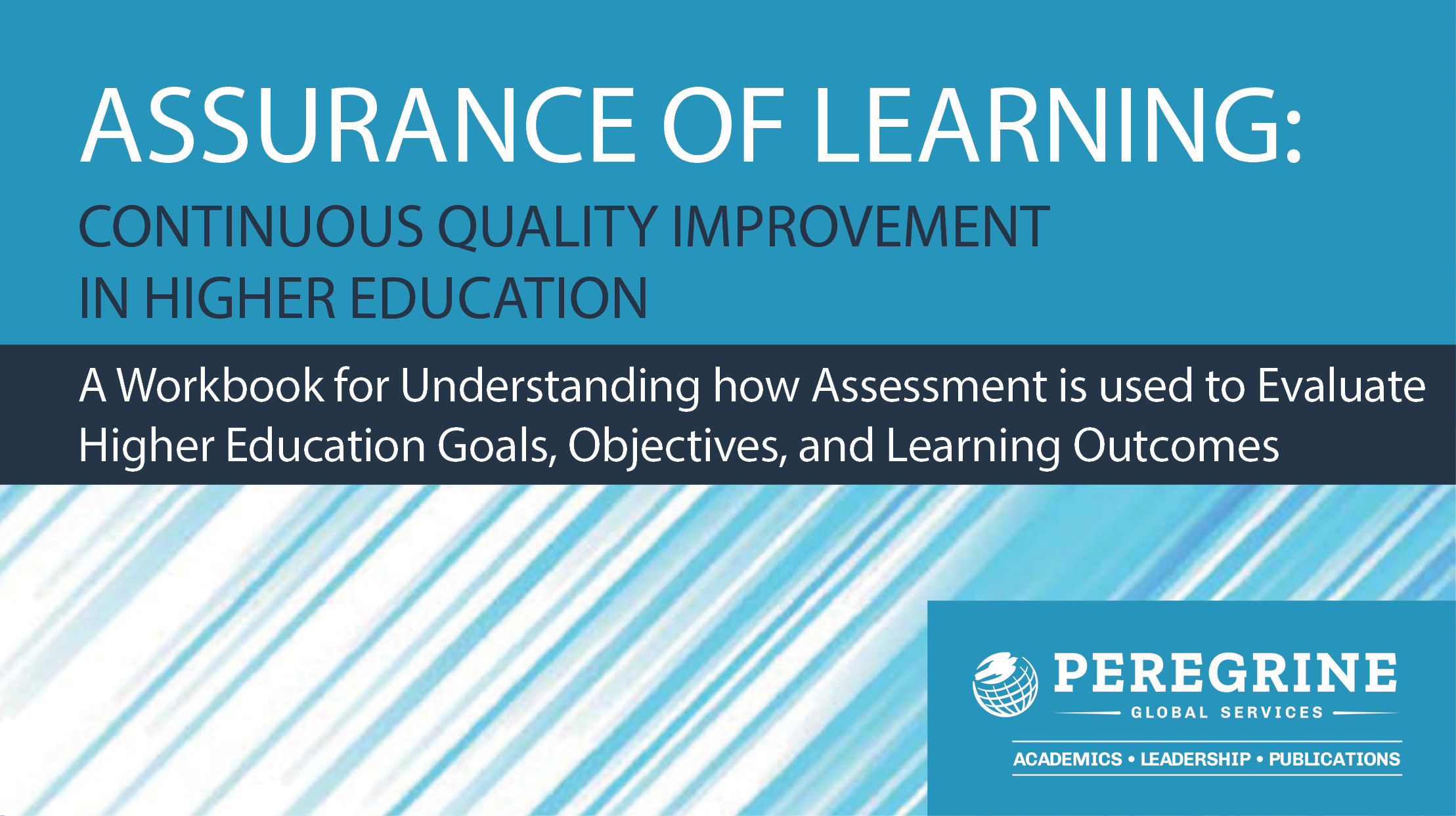Programmatic assessment services are aligned with accreditation and certification requirements associated with assurance of learning including learning outcomes evaluation, quality assurance, measurement of retained student knowledge, and internal and external benchmarking.
STUDENTS: Please select from the list of items below. We do not recommend purchasing exams in order to practice an exam since these exams may not be the same as what your school has customized for its specific needs.








Academic leveling helps learners succeed with their business programs by providing foundational knowledge and skills in a broad range of business education topic areas. Academic leveling also provides non-business majors, or learners needing to refresh their knowledge, with the necessary business education fundamentals to complete undergraduate or advanced degrees.
Academic leveling is typically conducted within the first course(s) in the curriculum to assess whether prerequisite requirements have been met and, where appropriate, provide the course work necessary to address any gaps.

Online instructional modules used by academic institutions for academic leveling and assurance of learning requirements.































It is difficult to overestimate the importance of organizational development as it relates to the success of business because it affects every aspect of decision-making. Organizational development is a critical and science-based process that helps organizations build their capacity to change and achieve greater effectiveness by developing, improving, and reinforcing strategies, structures, and processes.











Senior leaders must stay current and relevant in their profession and possess both the technical and soft skills necessary to lead at the highest levels of the organization. Key performance indicators for senior leaders include strategic thinking, complex problem solving, and teamwork. Perhaps most importantly, senior leaders need business, strategic, and financial acumen. Senior leaders must be able to achieve and sustain extraordinary outcomes by engaging others to achieve the organization’s vision.
















